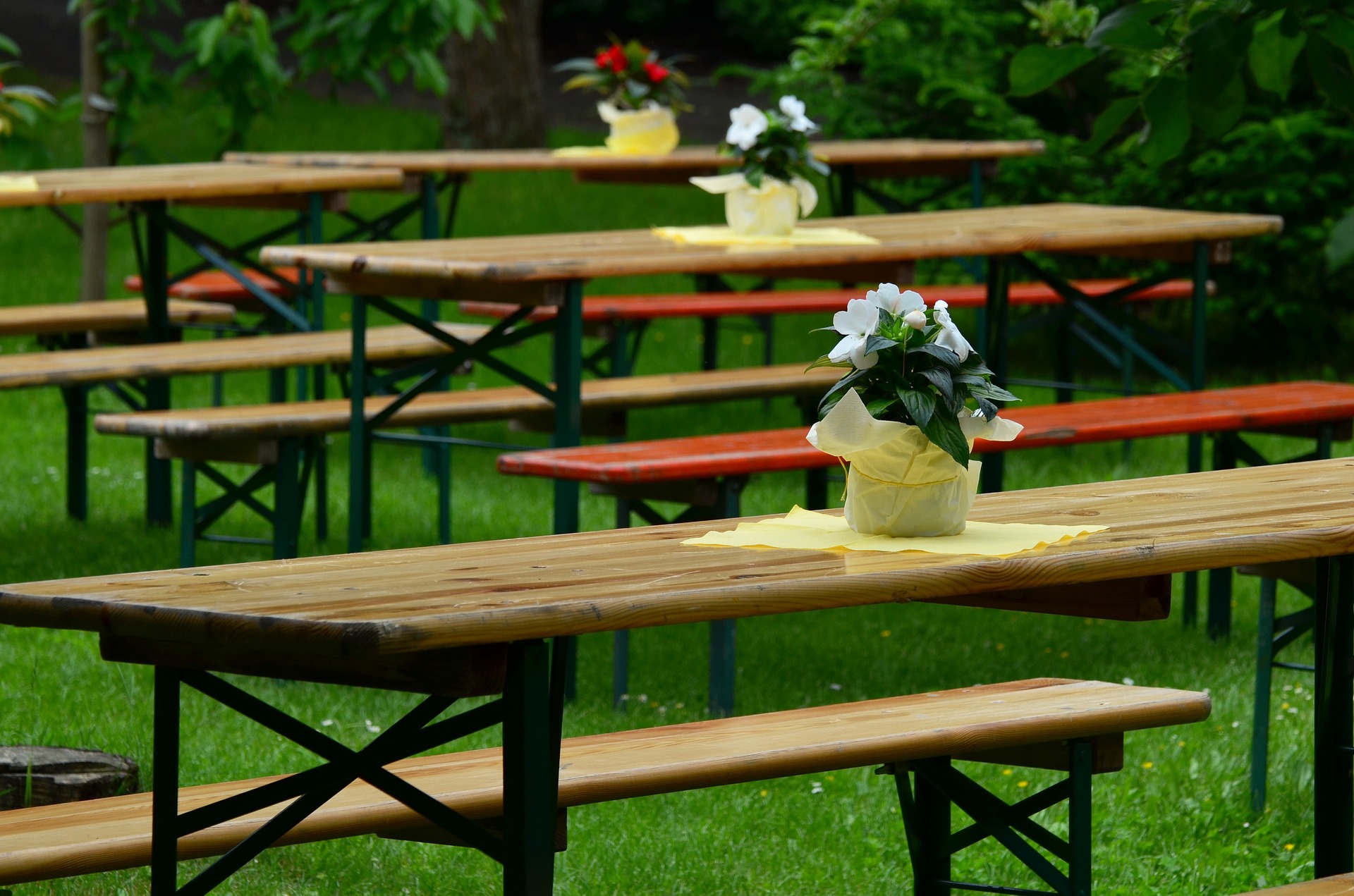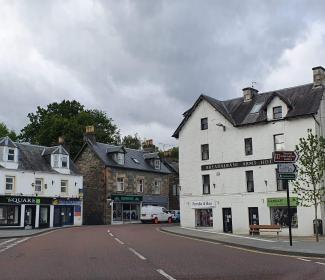COVID-19 Guidance for the Tourism and Hospitality Sector

The First Minister yesterday announced Scottish Government's plan for gradually lifting restrictions during Phase 2 of lockdown.
Many in the tourism and hospitality industry will have been hopeful that restaurants, pubs, hotels and golf courses with an outdoor area may have been able to re-open in the coming days, however the First Minister has confirmed that this will not be the case in the immediate future. The situation will be reassessed in two weeks time pending a review of the scientific evidence available, to ensure that these spaces can re-open safely.
The indicative date set for the tourism season to resume for Scotland is the 15th July, announced last week by Rural Economy and Tourism Secretary Fergus Ewing who said, “This date cannot be definitive and is conditional on public health advice and progression to Phase 3 of the route map. Businesses must now use this time to satisfy the necessary regulations and adapt to the new way of living.”
The Scottish Government has issued official guidance to help hospitality and tourism businesses plan ahead for the re-opening of the sector. The publication includes details of carrying out risk assessments, guidelines for maintaining social distancing for both customers and staff and health and safety training.
The Scottish Government have worked with industry and trade unions to ensure that this guidance is evidence-based, fair and ethical, clear and realistic. This work enables those businesses to plan ahead for safe workplaces through practical measures and draft guidelines aimed at ensuring the safety of staff, customers and the public, and must be at the centre of operational plans for the re-opening of the sector.
Stakeholders and trade bodies should review their material regularly against the latest Scottish Government guidance to ensure it is compliant with the core requirements.
The tourism and hospitality sector is diverse with a broad reach across Scotland’s rural economic landscape, encompassing many thousands of businesses of varying models and size. It is therefore necessary for this guidance to take a strategic approach, but it is designed for use by the whole sector, including:
- all accommodation providers (hotels, B&Bs, self-catering, caravan/holiday parks etc. )
- visitor attractions
- marine and adventure tourism
- other activity or experience tourism operations/centres
- tour operators
- pubs and restaurants
- retail aspects of tourism
- natural spaces insofar as they relate to tourism, such as the National Parks
You can read the publication in full here.



